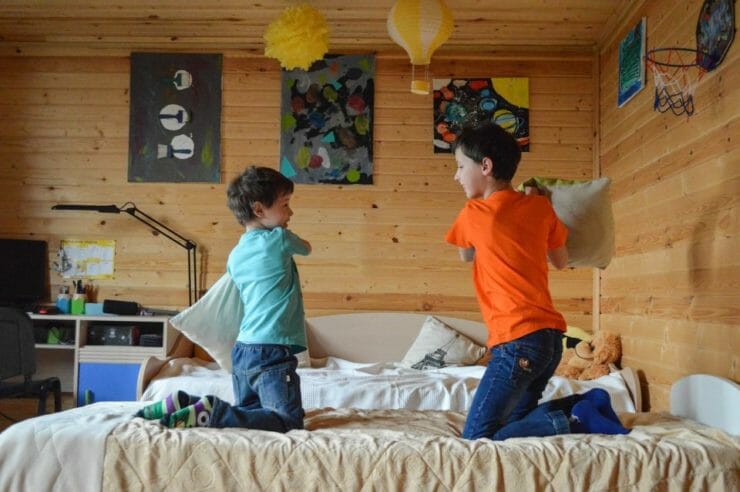
In the past, people considered physical aggressiveness as bullying. Being a form of violence, it was easy to distinguish. Every physical act that was meant to hurt someone else physically was violence and therefore an act of bullying. However, the modern definition of bullying is much broader, so that made many people think there is a lot more bullying today, when in fact, it was here all along, but it was much more acceptable.
For example, name calling and exclusion of people based on their gender, race or disability were very common parts of daily life 40 years ago. I remember myself being intimidated by name calling as a kid. I was bullied and a bully myself. I was made fun of constantly for my skin color or ethnic affiliation and I joined others in making fun of others for other reasons.
I do not think we have more bullying nowadays. I think the level of bullying is similar to what it was in the past, we just pay attention to it more now and are more willing to address it and create an accepting, tolerant and happy society.
People use different forms of bullying to threaten, intimidate and create emotional pain. Here is a list of behaviors that are considered bullying. As I read each one of them, I saw only one form that was new and was not there 40 years ago. Other than that, we had them all and in some respects even worse.
Read Types of Bullying »















